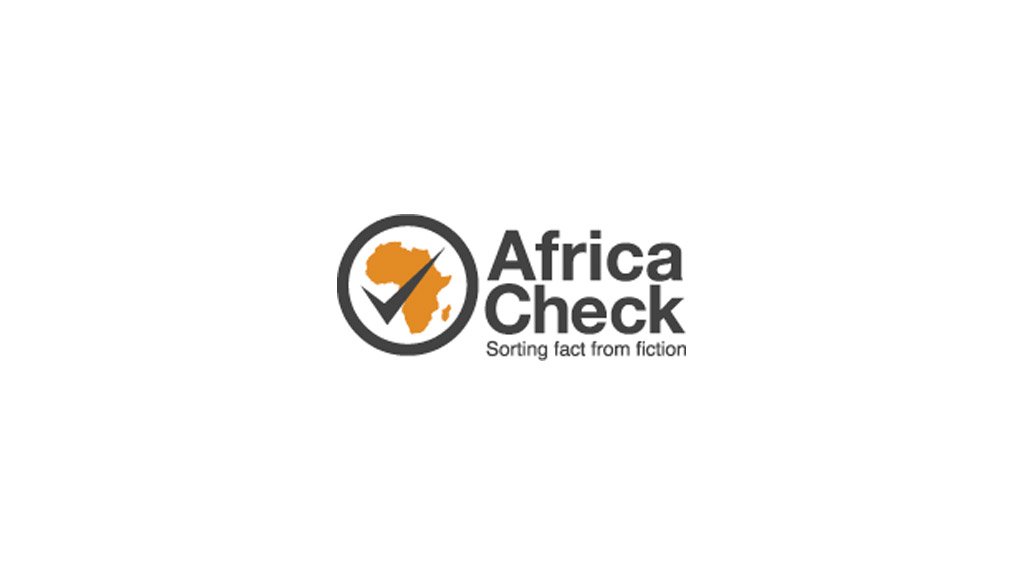Reiterating his party’s support for free higher education, the leader of the Economic Freedom Fighters told supporters that “education and employment and business opportunities belong to the same WhatsApp group”.
Julius Malema was speaking in Polokwane earlier this month when he said: “Today we know, that amongst graduates it is only 5% who are unemployed.”
Africa Check asked the party’s spokesman for clarification, but Mbuyiseni Ndlozi is yet to respond to our questions.
Does research support the EFF commander-in-chief’s claim? We took a closer look.
Graduate unemployment low in SA
The claim is “not far from right”, economics professor at the University of Stellenbosch, Servaas van der Berg, told Africa Check.
Van der Berg co-authored a 2012 study which analysed graduate unemployment in South Africa from 1995 to 2011. It found that graduate unemployment in South Africa was low, even by the standards of prosperous economies in Western Europe.
South Africa’s most recent official unemployment figures (for the third quarter of 2017) paints a similar picture.
Statistics South Africa’s Quarterly Labour Force Survey, which collected information from around 30,000 households around the country, shows that people with a lower level of education are more likely to be unemployed.
The country’s narrow unemployment rate was 27.7% during July to September 2017. Unemployment was even higher – at 32.7% – among people without matric.
Someone with matric stood a slightly better chance of being employed, with this group’s unemployment rate at 28.7%. For graduates, the unemployment rate was a mere 5.4%.
Unemployment differ by tertiary education
Researchers have previously warned against using the term “graduate” to refer to all people who have obtained a tertiary education, however. This is because there is a big difference in the employment status of people with different tertiary qualifications.
Stats SA considers a person to be a graduate if they have attended a university or college and obtained a post-higher diploma, a bachelor’s degree, a post-graduate diploma or an honours, master’s or doctoral degree.
People who have attended a Technical Vocational Education and Training (TVET) college or another tertiary institution and obtained a certificate, diploma (with or without matric) or a higher diploma fall in the “other tertiary education” category.
This group had an unemployment rate of 17.8% during July to September 2017.
Employers favour certain qualifications
Graduates have a low unemployment rate because employers have more confidence in them, Van der Berg told Africa Check.
“Employers have learned over time what they can expect from graduates.”
But graduates are not necessarily more competent or better qualified than people with other tertiary qualifications.
“This is based on employer preference,” Van der Berg said. “Graduates are more valued and we can see that in the salaries they earn.”
Conclusion: The claim is correct, but only for university & college graduates
Earlier this month, Economic Freedom Fighters leader Julius Malema told party supporters that only 5% of graduates in South Africa are unemployed. This is supported by South Africa’s most recent unemployment statistics.
Stats SA’s survey indicated that the unemployment rate for university and college graduates was 5.4% during July to September 2017. However, the unemployment rate is higher for people who obtained a qualification from other tertiary education institutions.
Researched by Ina Skosana, Africa Check, a non-partisan fact-checking organisation. View the original piece on their website.
EMAIL THIS ARTICLE SAVE THIS ARTICLE
To subscribe email subscriptions@creamermedia.co.za or click here
To advertise email advertising@creamermedia.co.za or click here











